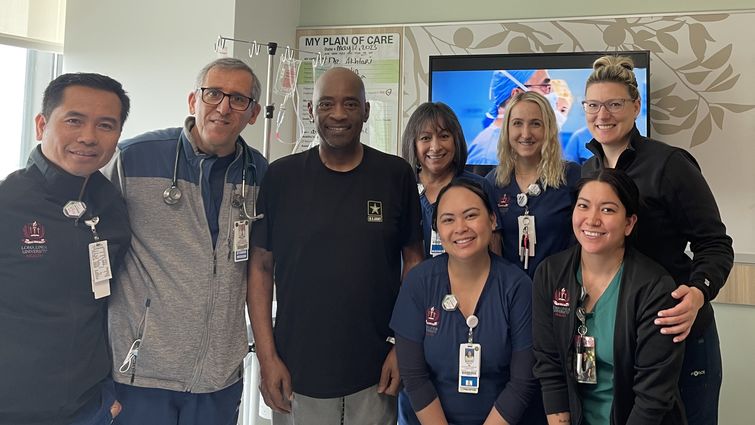Zuzalu, a pop-up city in Montenegro has provided a temporary home for people who plan to set up a new jurisdiction to encourage biohacking and fast-track drugs that slow or reverse aging.
By Jessica Hamzelou – MIT Technology Review
It’s a Friday morning in early May, and I’ve woken up to the sound of waves crashing against the rocks in a small bay on the coast of the Adriatic.
The sky is completely gray, and there are continual rumbles of thunder. The weather has been bad since I arrived in Montenegro. It was too stormy for the pilot to land the plane I was traveling on, and we ended up touching down in neighboring Croatia.
I’m here for a gathering of longevity enthusiasts, people interested in extending human life through various biotechnology approaches. One attendee, with whom I ended up sharing a cross-border taxi ride, told me half of his luggage was “supplements and powders.” Most attendees seem to be wearing “longevity” stickers. Everyone is super friendly, and the sense of optimism is palpable. Everyone I speak to is confident we’ll be able to find a way to slow or reverse aging. And they have a bold plan to speed up progress.
Welcome to Zuzalu
Humans have been searching for the fountain of youth for thousands of years. But progress has been slow, to say the least. Though plenty of companies are working on ways to slow or reverse the process, it’s incredibly difficult and expensive to run a study to find out whether a treatment has helped people live longer. And health agencies like the World Health Organization don’t even consider aging to be a disease in the first place.



